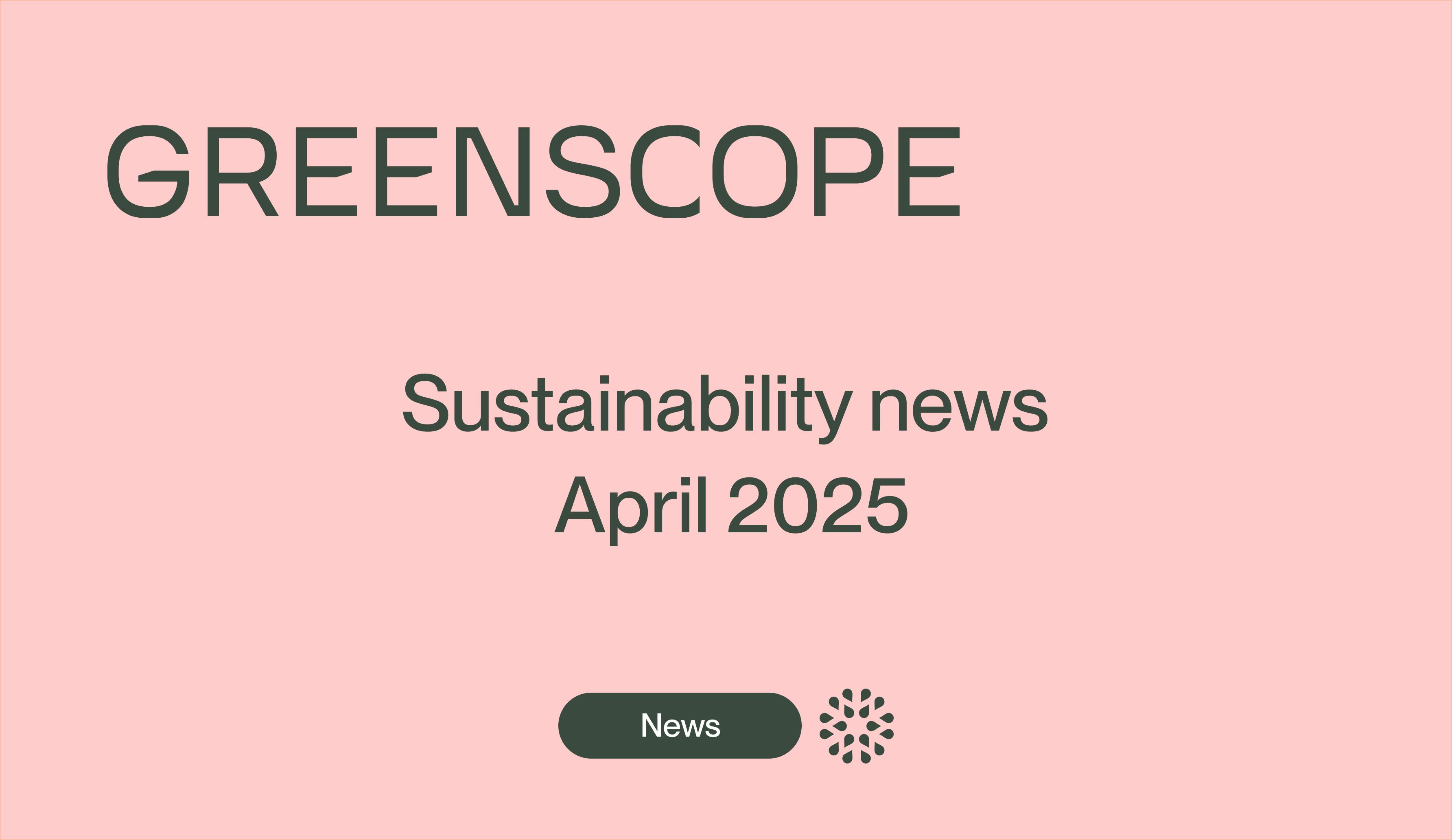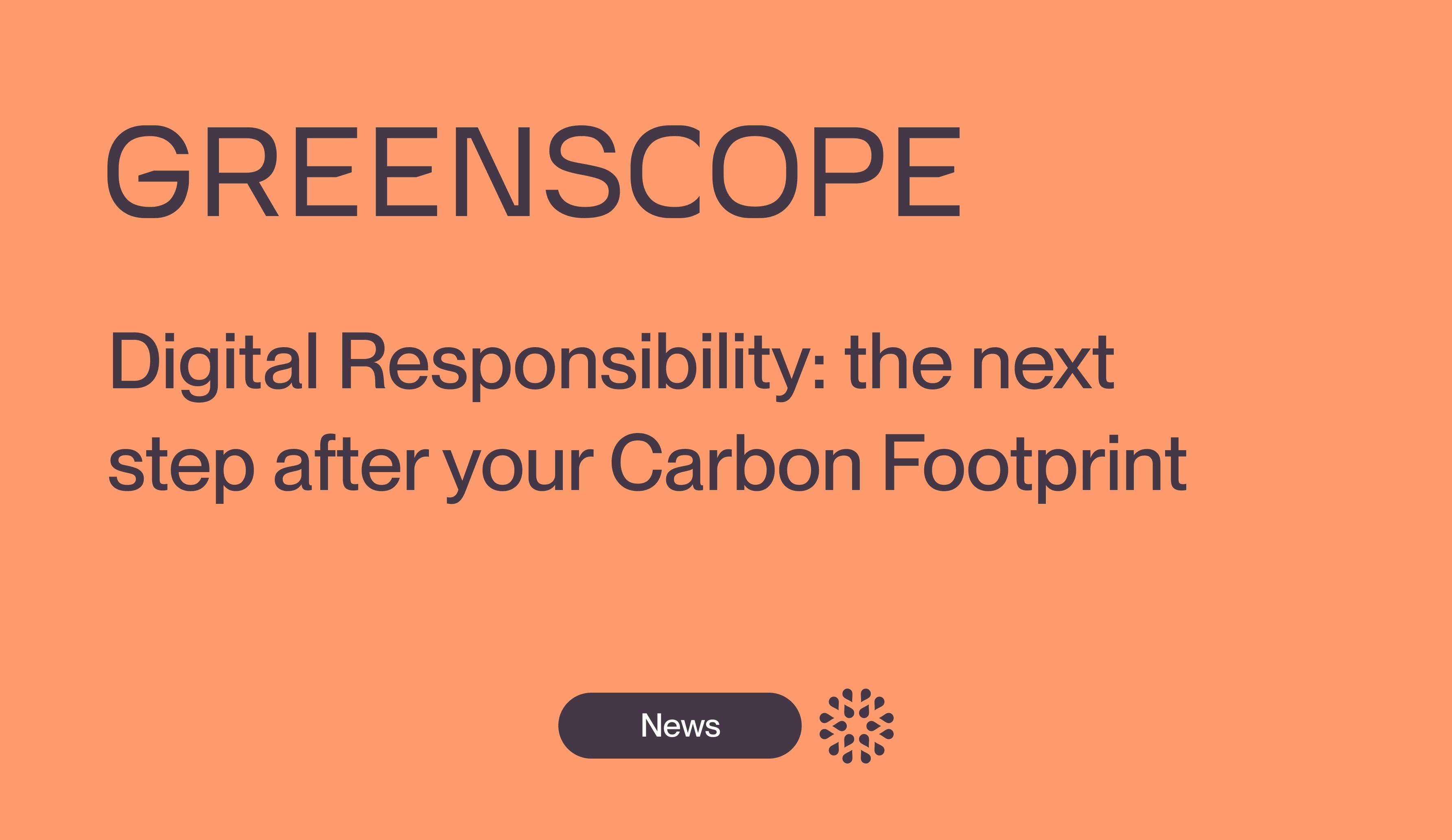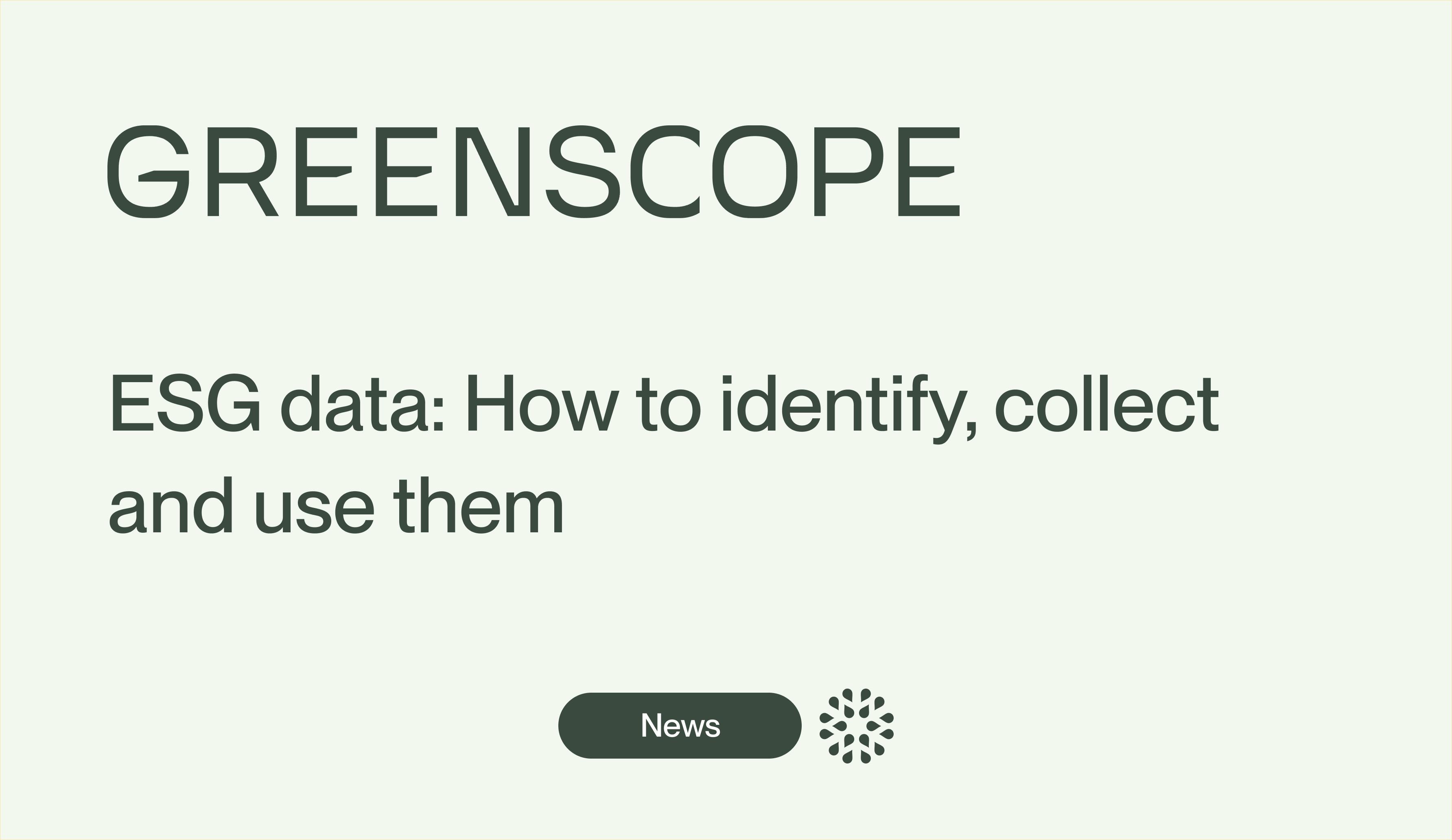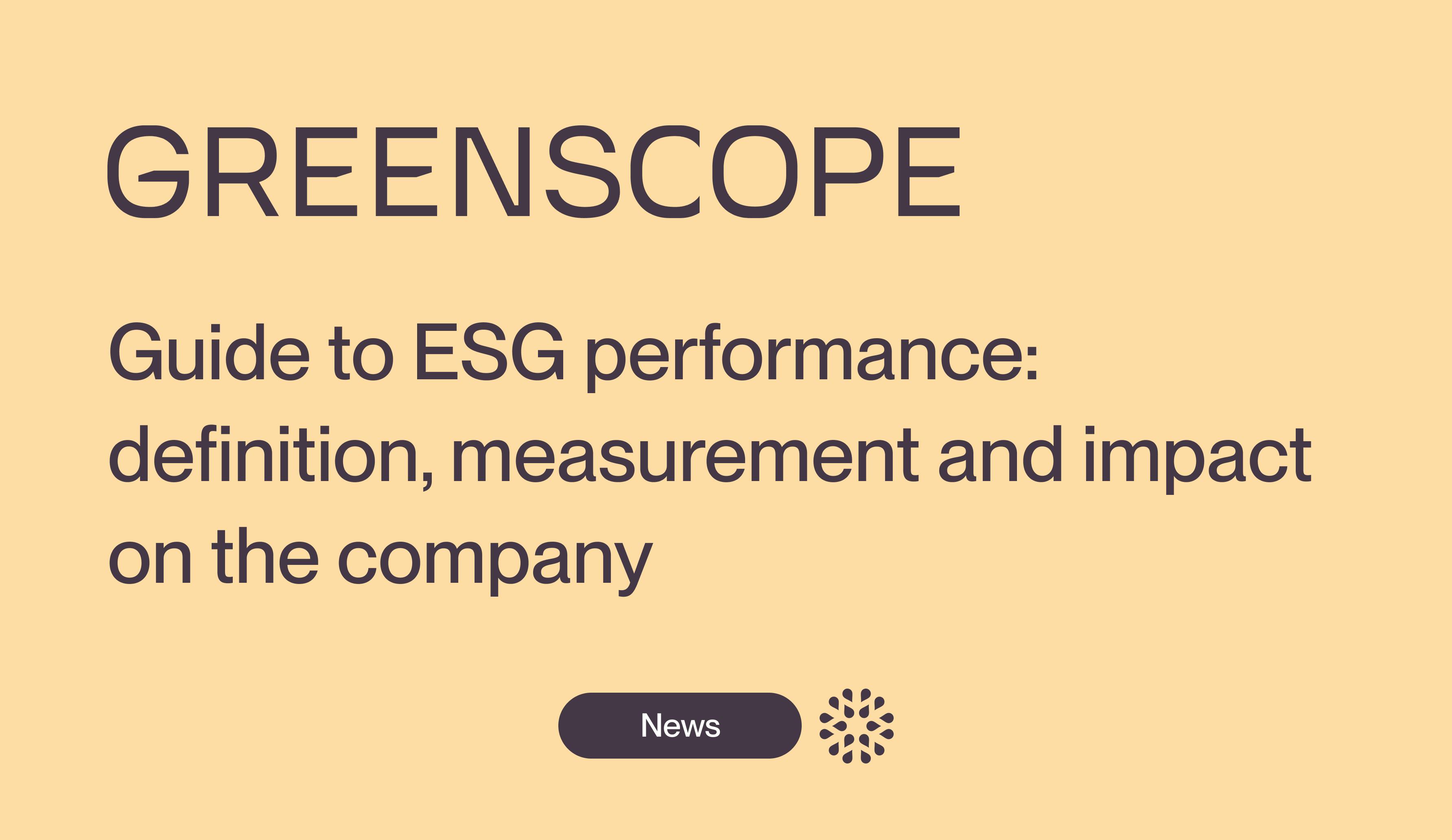CSR News - April 2025
Discover the key developments: ongoing projects, standards updates, new official documents.

Official Texts, Standards, and Projects
👉 The European Council adopts its position on the suspensive mechanism to strengthen the EU's competitiveness and provide legal certainty to businesses
On March 26, 2025, the representatives of the EU Member States approved the European Council's position on the European Commission's proposal to simplify EU rules. This proposal (known as the "suspensive" directive) notably provides for the postponement of:
- By two years the application dates of certain requirements related to the publication of sustainability information by companies (CSRD)
- By one year the deadline for transposition and the first phase of application (covering the largest companies) of the directive on due diligence (CSDD)
Source: European Council, 26/03/2025
👉 Communication from the European Commission on the delegated act relating to the European Taxonomy
On March 5, 2025, the European Commission published a communication including technical clarifications to a series of frequently asked questions (FAQ) concerning the EU Taxonomy. These clarifications relate, on one hand, to the technical screening criteria and, on the other hand, to the information obligations related to non-climate environmental objectives. The aim is to help stakeholders comply with regulatory requirements efficiently.
Source: European Union, 05/03/2025
👉 Roadmap development tool for the adoption of ISSB standards
On March 26, 2025, the IFRS Foundation announced the launch of a jurisdictional roadmap tool for the adoption of ISSB (International Sustainability Standards Board) standards. This interactive tool is a key pillar of its regulatory implementation program and aims to help jurisdictions navigate the main considerations that may arise in drafting a roadmap for the use of ISSB standards.
Source: IFRS, 26/03/2025
👉 Mapping of correspondence between the CDP questionnaire and the ESRS E1 standard
EFRAG and CDP (Carbon Disclosure Project) published a mapping of correspondence between the ESRS E1 standard and the CDP questionnaire on March 18, 2025. This mapping illustrates the 'high level of convergence' between the two reports. The goal is to help companies identify synergies between the data collected for CDP and ESRS reports, thereby reducing complexity and improving reporting efficiency.
Source: EFRAG, 03/18/2025
👉 Version 2.0 of the 'Net Zero' standard for businesses (SBTi)
The Science-Based Targets initiative (SBTi) released on March 18, 2025, a draft of the second version of its 'Net Zero' standard for businesses (Corporate Net-Zero Standard). The new rules aim to simplify Scope 3 emission reductions, especially benefiting small businesses and emerging markets. The draft standard is open for public consultation from March 18 to June 1, 2025.
Source: SBTi, 03/18/2025
👉 Sector standards for banks, capital markets, and insurance (GRI)
The Global Reporting Initiative (GRI) is holding a public consultation until May 31, 2025, for three sector standard projects for the banking, financial markets, and insurance sectors. These standards are 'the first of their kind to propose a comprehensive approach to assess the impact of financial services organizations, rather than focusing on one specific subject or set of subjects.'
Source: GRI, 03/05/2025
👉 Response from the Sustainable Finance Platform to the public consultation on the draft delegated act amending the European Taxonomy
Following the publication in February 2025 of a report on simplifying the EU taxonomy, the Sustainable Finance Platform released a response on March 26, 2025, to the public consultation on the draft delegated regulation amending the EU Taxonomy as part of the 'Omnibus' package presented on February 26 by the European Commission.
Source: EU Platform on Sustainable Finance, 03/26/2025
👉 Streamlining sustainable finance for SMEs
The Sustainable Finance Platform published an independent report on March 21, 2025, on streamlining sustainable financing for small and medium-sized enterprises (SMEs).
Source: EU Platform on Sustainable Finance, 03/21/2025
👉 Tracking capital flows to sustainable investments
The Sustainable Finance Platform published an independent report on March 11, 2025, on tracking capital flows to sustainable investments. The report introduces a new framework for tracking capital flows, primarily based on data from the EU Taxonomy. Four main insights emerge from the report:
- Sustainable investments are gaining ground: they reached 250 billion euros in 2023, an increase of 34% compared to the previous year
- The emergence of capital flows related to the transition
- Progress toward a sustainable transition varies greatly across industry sectors
- Debt financing dominates sustainable investment flows
Source: EU Platform on Sustainable Finance, 03/11/2025
👉 Frequently Asked Questions (FAQ) March 2025 - Sustainability information certification mission
After an initial update of its Frequently Asked Questions on the mission of certifying information on sustainability, the High Audit Authority (H2A) published on March 6 a new update of this FAQ. This update aims to answer the verifiers' questions about the consequences of the presence of sustainability information within the management report on the work of statutory auditors certifying the accounts.
Source : H2A, 06/03/2025
👉 Opinion on the work of the statutory auditor in charge of certifying the accounts on sustainability information
An opinion published by the H2A on March 3, 2025, specifies the work to be performed by the statutory auditor responsible for certifying the accounts on sustainability information included in the management report. This issue had not been addressed in the guidelines published in October 2024.
Source : H2A, 03/03/2025
Top News
👉 Investment funds are increasingly excluding companies that do not meet ESG criteria. Nearly 5,500 companies, including 73 French ones, have been removed, prompting financial management to strengthen their governance and responsibility.
Source : DAF Mag, 27/02/2025
👉 According to a report by Deloitte and the IIF, 45% of financial institutions now have a Chief Sustainability Officer (CSO), which is three times more than in 2020.
Source : ESG News, 28/02/2025
👉 Goldman Sachs Asset Management has launched a bond fund dedicated to biodiversity, investing worldwide in bonds supporting biodiversity and contributing to the United Nations Sustainable Development Goals.
Source : ESG Today, 03/03/2025
👉 One year after the reform of the French SRI label, 70% of the funds have kept their label, showing a clear improvement in their impact score and carbon footprint. Epsor's study highlights major advances, including massive disengagement from fossil fuels and strengthened climate commitments from Article 9 and SRI-labeled funds.
Source : EPSOR, 03/03/2025
👉 JPMorgan Asset Management has left the Net Zero Asset Managers initiative, citing the evolving regulatory framework and client expectations, following the coalition's pause earlier this year.
Source : Reuters, 21/03/2025
👉 The report Harnessing Climate Data by UBS AM, NEST, and the University of Oxford highlights the lack of standardization in the reporting of physical climate risks, which are still poorly and inadequately documented by companies. It reviews existing data and models, shares feedback on the integration of forward-looking data, and calls on market players to improve data quality for better investment decisions.
Source : UBS, 20/03/2025
👉 New green finance standards backed by the UK government have been launched by the British Standards Institution to promote credible investments in nature and combat greenwashing. They aim to give businesses the confidence to finance projects such as wetland restoration or flood resilience, with expected benefits for the environment and economic growth.
Source: UK Government, 03/25/2025
👉 Artificial intelligence is revolutionizing due diligence processes by enabling faster and more accurate risk assessments while streamlining compliance workflows in a context of increasing data volumes and heightened regulatory pressure. Organizations are turning to AI tools to reduce costs, uncover hidden risks, and enhance collaboration. Those adopting these technologies gain a definite advantage in today's complex financial landscape.
Source: Fintech Global, 03/27/2025
👉 According to PwC's State of Decarbonization 2025 report, 84% of listed companies are maintaining or strengthening their climate goals, while only 16% are downscaling them. Small businesses are also following the trend by setting new targets as climate commitment spreads throughout value chains. Among those revising their ambitions downward, many are simply adjusting unrealistic goals to make them more achievable.
Source: ESG Today, 03/25/2025
👉 UNEPFI released four new reports in its Banking on Sustainability: From Principles to Practice series, dedicated to responsible banking. This series highlights concrete examples of financial institutions worldwide that are translating the Principles for Responsible Banking into tangible strategies, products, and services. It aims to help banks turn their sustainability commitments into tangible actions.
Source: UNEPFI, 03/05/2025
Our Latest Articles

Responsible Digital: the next step after your Carbon Footprint assessment
Understand the importance of implementing a responsible digital approach after completing your carbon footprint assessment

CSR News - April 2025
Discover the key developments: ongoing projects, standards updates, new official documents.

ESG Data: How to identify, collect, and use them
Learn how to structure your ESG data to better drive your commitments and enhance your sustainable performance

Guide on ESG performance: definition, measurement, and impact on business
ESG performance, a driving force for responsible growth: follow our guide to understand everything in just a few minutes



